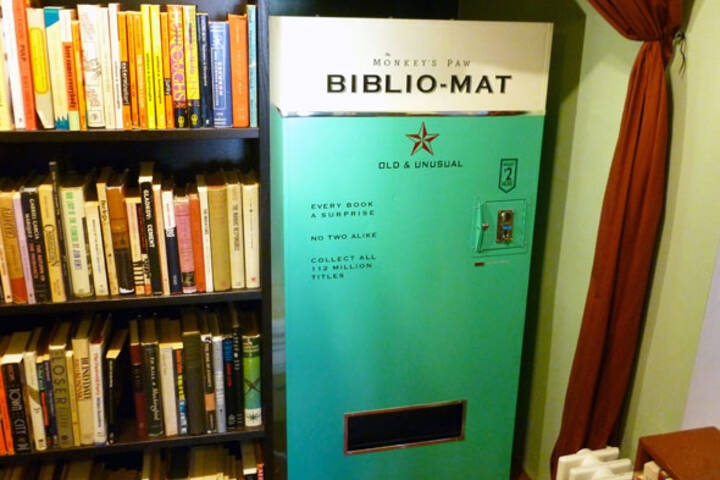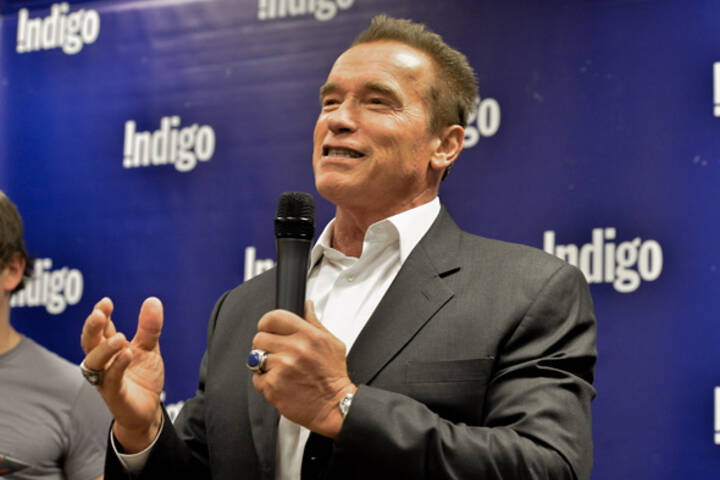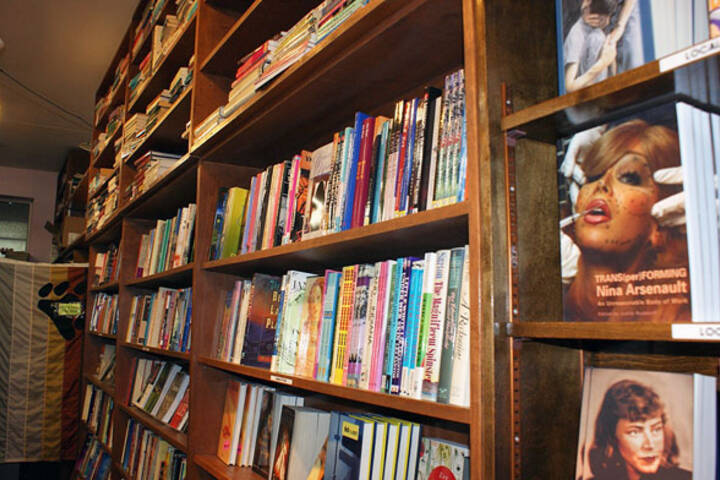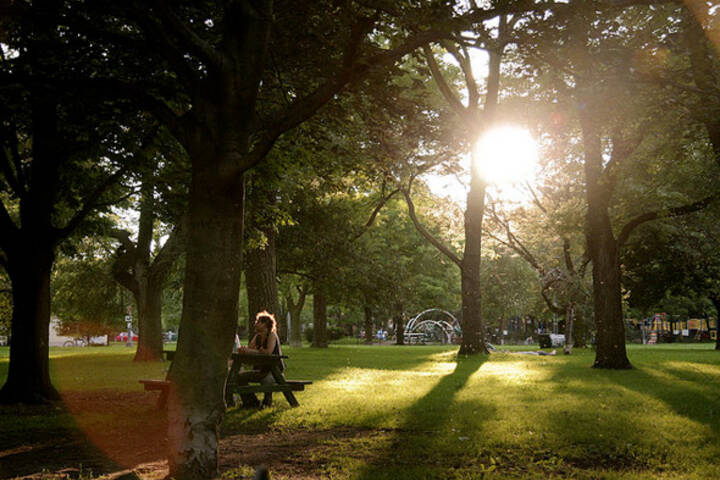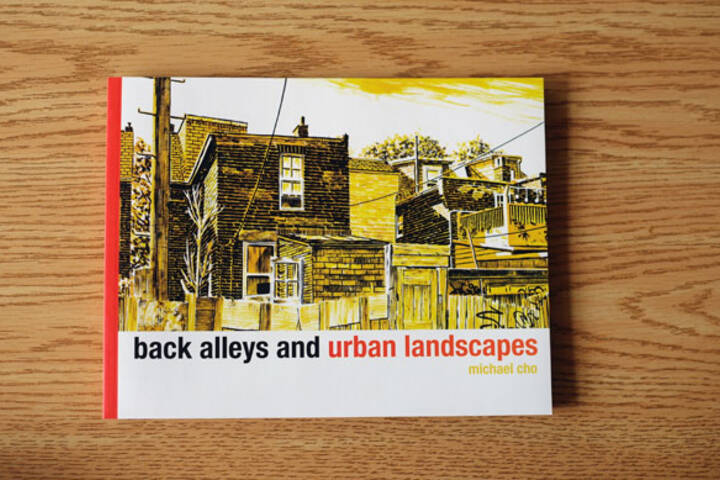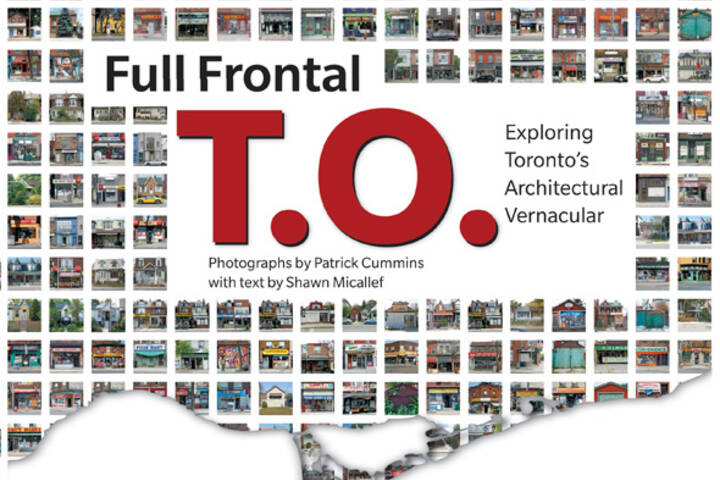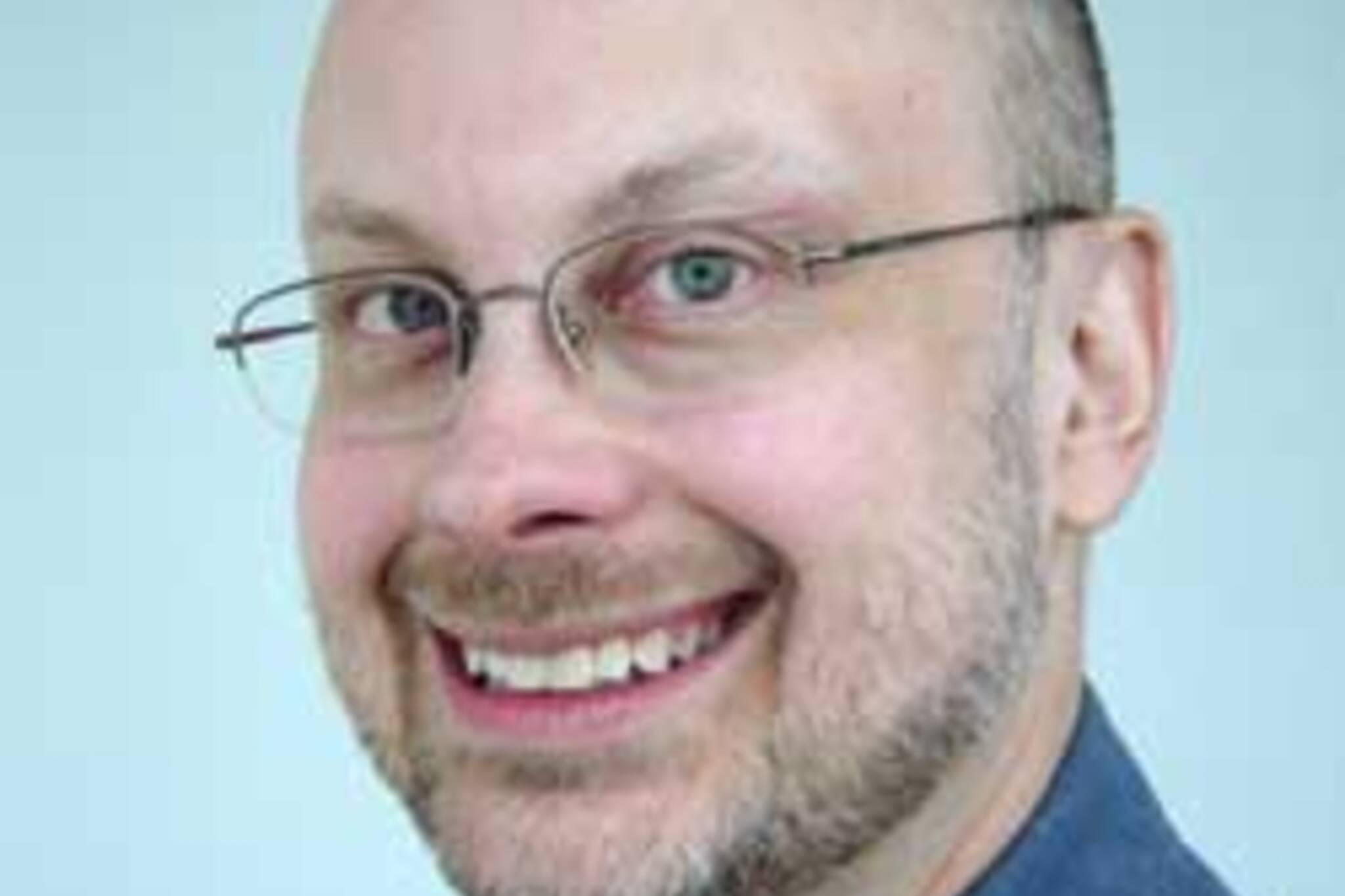
Robert J. Sawyer Interview
Robert J. Sawyer is one of only seven authors to win every major science fiction award for best novel and the only Canadian to do so. He is considered one of the finest science fiction writers in the world, often put on par with Heinlein, Clarke, Asimov and Bradbury, not just for his imagination but also for his interest in the human condition.
His new novel, "Rollback", is already receiving great reviews and looks sure to be another bestseller. It's being launched this Saturday -- 3:00 PM at Bakka Books on Queen West. The event is open to the public and everyone is invited.
I spoke with him about Toronto, technology, science fiction and the future of cities. You can read the interview after the jump.
Q: Quite a few of your books, including the upcoming Rollback, are set in Toronto. Do you think this city presents any unique challenges when writing about its future?
A: Well, as everyone who lives here knows, Toronto is the centre of the universe, so, of course, it's the logical setting for a science-fiction story. But, seriously, yes, there are challenges, but they're all positive one. As it happens, I'm a dual Canada/U.S. citizen -- meaning I could live and work anywhere in North America -- and I choose to live in the GTA.
That's not a trivial point; my income is not at all geared to where I happen to live -- my New York publisher doesn't pay me one dime extra just because I happen to live in the most-expensive big city in Canada. But Toronto really inspires me as a science-fiction writer, with its wonderful multiculturalism -- it's the bridge of the Enterprise writ large. Trying to do justice to all the facets of this place, not just as it is today but as it might be tomorrow, inspires and challenges me every single day.
Q: In "Calculating God" you discussed Mike Harris's closing of the planetarium. Have you ever been criticized for your use of local landmarks and issues?
A: Oh, yes, indeed, but it's almost always by Torontonians. Most often they adopt an avuncular tone and say, "You know, you should set your books in the U.S. -- they'd sell better." But I don't believe that for a second. My books do just fine in the U.S. as is, and in the seventeen years since my first novel came out, no American editor, agent, reviewer, bookseller, or reader has ever complained about the blatant Canadian content in my books.
On specifically criticizing Mike Harris, yeah, a few locals complained -- but far, far more praised me for having the guts to directly address the damage he was doing to our province.
Some of those who objected did so on the grounds that they actually liked Harris, and so were disturbed by a book that espoused politics that weren't their own; well, I've got no time for closed-mined readers. I'll happily read Robert Heinlein or Larry Niven or Michael Crichton, all of whom are far, far to the right of me politically, and I'm always stunned by those who only want to read things that confirm what they already believe; why the hell read at all then?
The other group who complained were those who said they read for escapism, and prefer no politics or issues in their books. Well, I'm the wrong writer for them -- and there's nothing wrong with that. My job isn't to be blandly acceptable to everyone; rather, it's to be the favourite author of a small segment of the population. And at least I give fair warning up front in my books about what I'm going to do: the first disparaging comment about Harris is on page 2 of Calculating God.
Q: Science Fiction is often said to be in a "literary ghetto" or to be dying. But Canadian SF seems to be healthier than ever. What do you attribute this to?
A: One answer that still blows me away is the fact, as pointed out to me by my editor at Tor Books, that I'm partially responsible for the boom in Canadian SF. When Tor acquired me ten years ago in a publishing auction, sales for all their books in Canada went up, and particularly the sales of Canadian-authored books ... because Canadian booksellers started giving their sales reps more time to make their pitches. I'm honoured and really, really pleased when I think about that.
The second reason, and I say this not with personal but national pride, is socialized medicine. In Canada, writers who go full-time may risk not eating -- my wife and I vividly remember December 1983, the month we lived on soup -- but they don't risk financial ruin because of illness or injury. And so a lot of us up here get to go full-time early in our careers, whereas comparably talented American colleagues are shackled to a nine-to-five in order to get health insurance, a fact that severely curtails their writing output.
Q: Science fiction has often proposed technological solutions to human problems and I think that's an idea that many people have become cynical about. Yet your work remains optimistic. Why?
A: Because the world is better because of technology. It's fashionable to pooh-pooh technology, but imagine going back to the days before telephones and antibiotics and pacemakers and computers and all of that. Our lives are infinitely richer -- in the spiritual sense -- because of technology. Now, yes, technology can be used to screw things up, but in the world today far more evil is done by organized religion than by anything else. It's not the modern but rather the primitive that we should fear.
Q: Some of the technologies on the horizon, like nanotech, genetic modification and robotics, seem bigger than anything mankind has ever dealt with. What impact do you think these will have on the design, function or even the existence of urban spaces?
A: Cities are an ancient idea: the notion that you physically have to be crowded together with your neighbours in order to work together and pool resources. Technology will enable us to spread out more. In my new novel Rollback, I describe Toronto (as seen from Centre Island) in 2045 thus: "Off to their right was the bay, and across it was Toronto itself, with the skyline that Don had watched grow and spread over the better part of a century. It was still dominated by the CN Tower, once, but certainly no longer, the tallest freestanding structure in the world; as a teenager, he had gone downtown with his friend Ivan to watch a Sikorsky Skycrane assemble its huge components. Blockish skyscrapers, like the elements of a bar chart, trailed off left and right from the Tower. He recalled when Toronto's downtown had been a tiny cluster of tall buildings, but now it went on and on along the lakeshore, west toward Mississauga, and east until the Scarborough Bluffs forced it to stop."
But we're in the last decades of urban expansion like that; the second half of this century will be dominated by telecommuting with full immersive virtual reality. Canada is a gigantic country, filled with natural beauty, and we'll spread out and enjoy it, and, by doing so and by harnessing the power of the technologies you named, we'll put an end to road rage, congestion, pollution, homelessness, poverty, and all the other things that make even a great city like Toronto sometimes unpleasant.
Latest Videos
Latest Videos
Join the conversation Load comments
